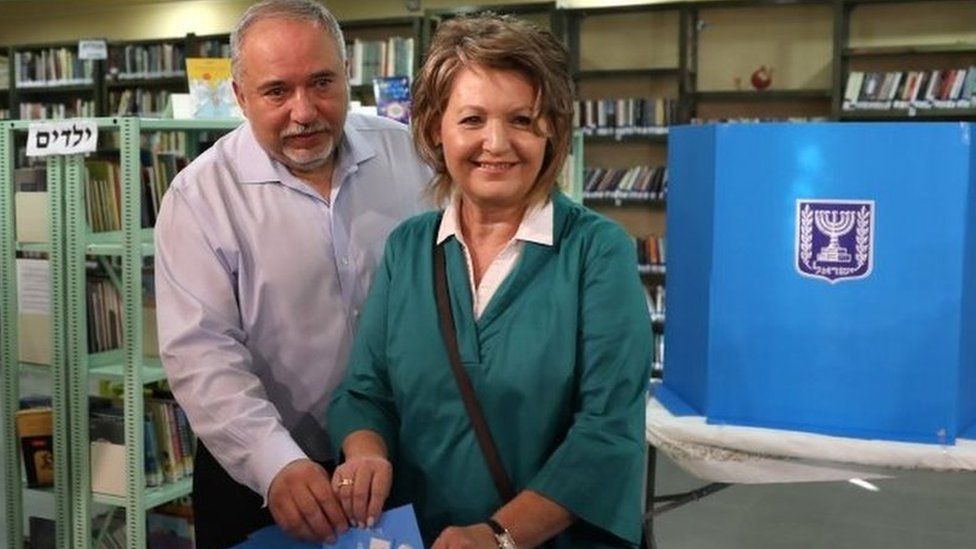Democracy Wasn’t a Given for the Reborn State of Israel
The early fathers of modern Zionism were not committed to democracy for the newborn Jewish state, and some even opposed it.

But cracks are beginning to show, and the fact that today we are voting for the fifth time in under four years suggests that representative democracy might not be the most stable form of government for the modern Jewish state.
In an interview with the N12 news portal, Prof. Motti Golani, chair of the Jewish History Department at Tel Aviv University, explained that the founders of the modern Israeli state were not necessarily committed to democracy from the start.
“Herzl, Weizmann and Jabotinsky were not convinced of democracy, and some even opposed it. They did not yet grasp the rising significance of popular rule,” said the professor.
Remember, many of these early fathers of Zionism had grown up under monarchies or authoritarian regimes.
Prof. Golani went on to say that democracy became a kind of compromise when the state was finally established due to the various different factions of Jews coming from different nations and backgrounds.
There is also the question of whether or not democracy is the ultimate form of government, at least for Israel, from a biblical viewpoint. For more on that, see: Jewish Democracy – Is It a Viable, and Biblical, Concept?
No comments:
Post a Comment